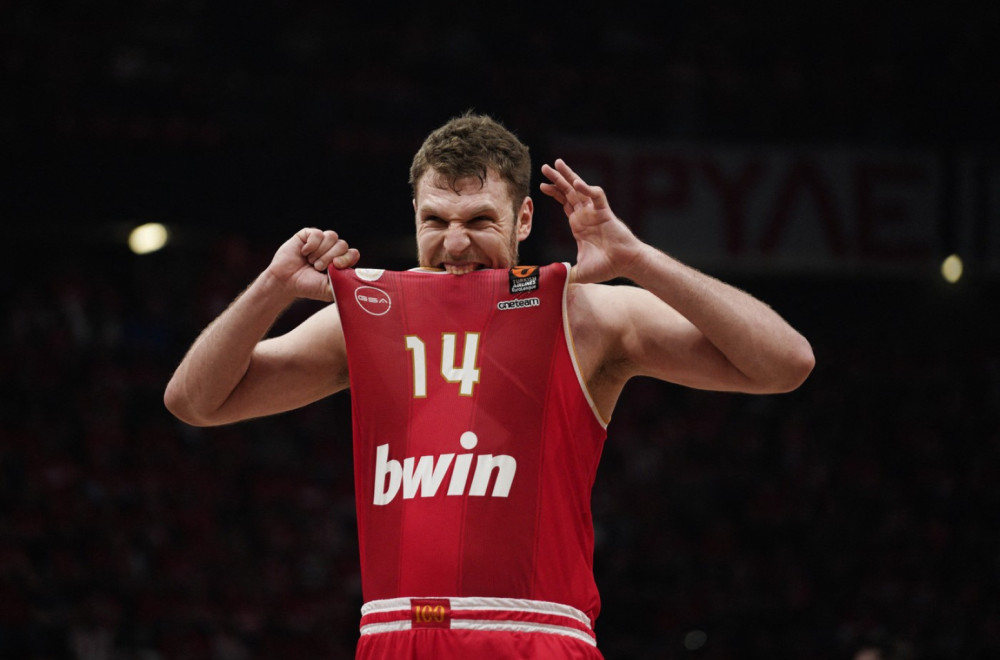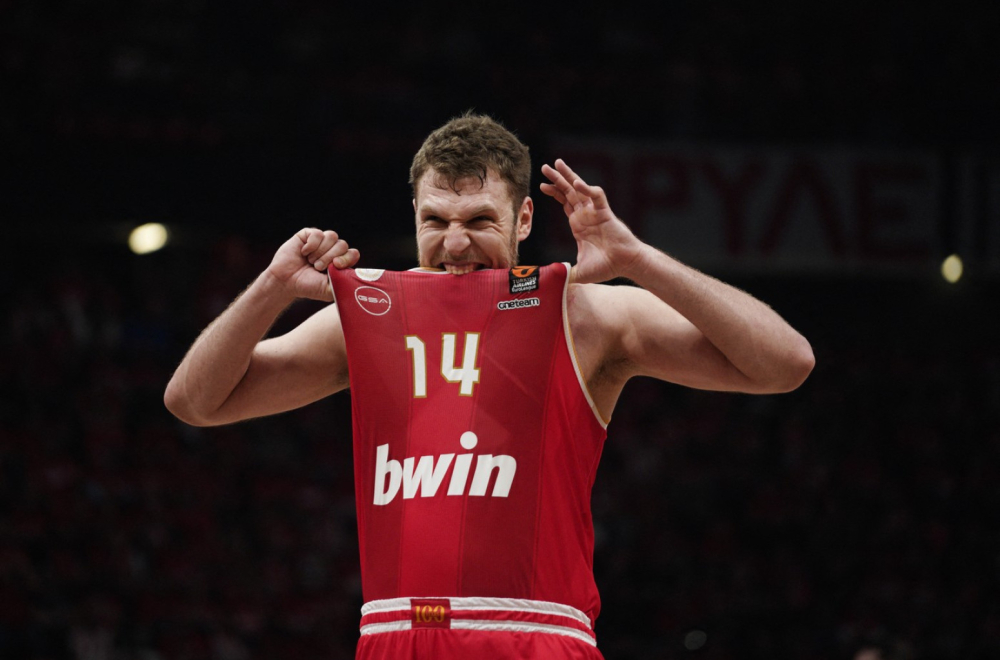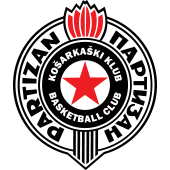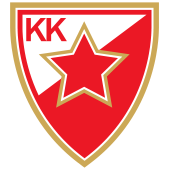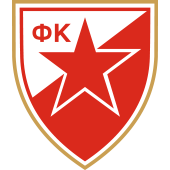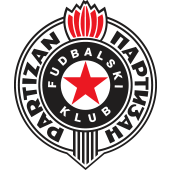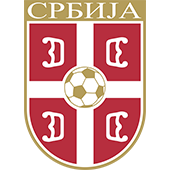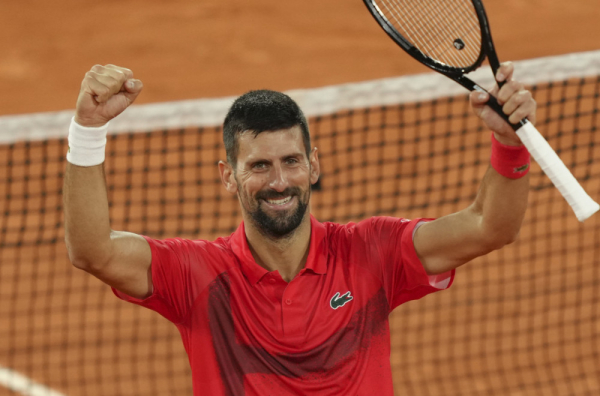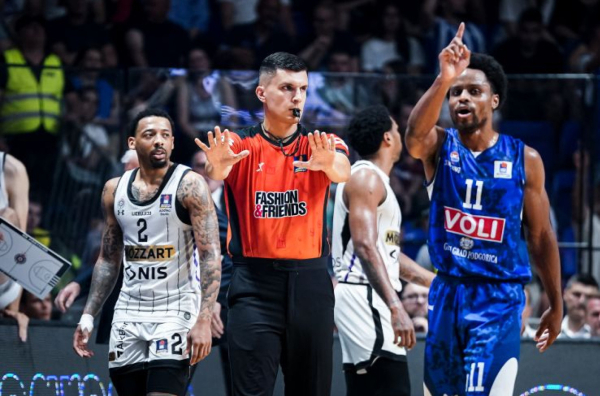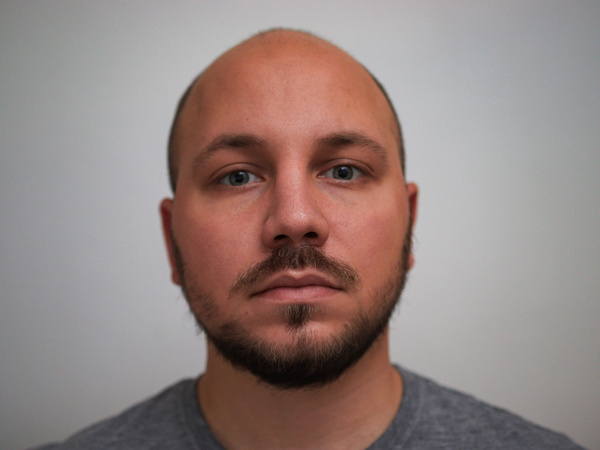Bulgarian basketball player Sasha Vezenkov expressed displeasure with the statement made by Panathinaikos coach Ergin Ataman, who labeled several Olympiakos players as “fake Greeks.” Ataman used this to elevate his own team and demean rivals by comparing the number of real and fake Greeks in his and the opposing team. Vezenkov, born in Cyprus where Greek and Turkish communities are divided, emphasized that he feels like a true Greek and finds the label offensive. He explained that he speaks Greek fluently, knows the history and traditions, and loves Greece as his second home. He also expressed understanding for Ataman’s emotional outburst but clearly stated he does not accept being called a fake Greek. This statement attracted attention in Greek media and further fueled tensions between Panathinaikos and Olympiakos in the Greek basketball championship.
Political Perspectives:
Left: Left-leaning outlets tend to emphasize the cultural and identity aspects of Vezenkov’s statement, highlighting the complexity of national identity in the region and criticizing Ataman’s divisive rhetoric. They may frame Vezenkov’s response as a call for respect and understanding beyond nationalistic labels.
Center: Centrist media report the facts of the incident, focusing on the sports rivalry context and the emotional nature of Ataman’s comments and Vezenkov’s reaction. They present both sides fairly, noting the tensions in Greek basketball and the personal background of Vezenkov.
Right: Right-leaning sources might emphasize national pride and the defense of Greek identity, possibly supporting Vezenkov’s assertion of his Greekness and condemning Ataman’s insult as inappropriate. They may also highlight the rivalry between Greek teams and frame the incident as part of broader cultural conflicts.





